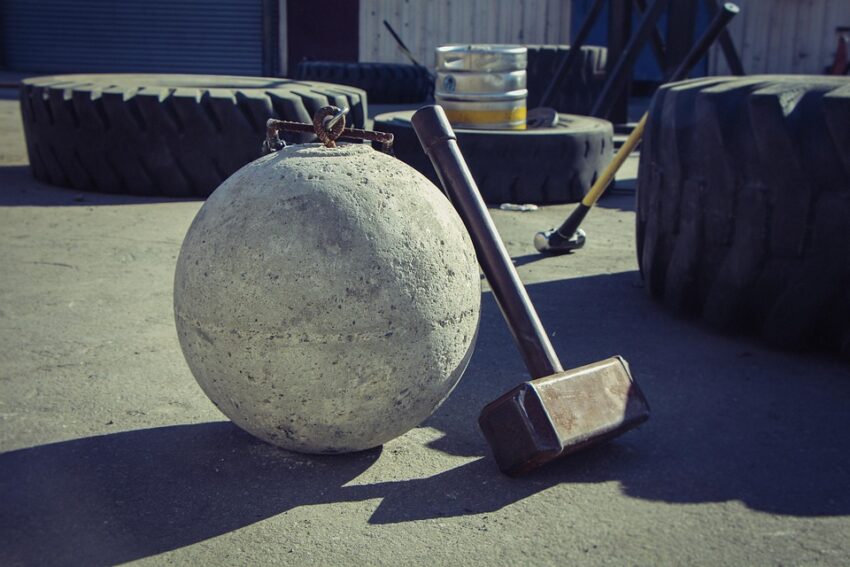

Crash diets, also known as fad diets, have been a popular weight loss method for many years. These diets promise quick results by severely restricting calories and food choices. However, the truth is that crash diets don’t work in the long run and can actually be harmful to your health.
One of the main reasons crash diets don’t work is because they are not sustainable. Most crash diets are so extreme and unrealistic that it’s nearly impossible to stick to them for an extended period of time. As a result, many people end up gaining back the weight they lost once they go back to their normal eating habits.
Additionally, crash diets often lead to nutrient deficiencies because they restrict certain food groups or severely limit calorie intake. This can have negative effects on your energy levels, metabolism, and overall health. In some cases, crash diets can even lead to more serious health issues such as muscle loss, gallstones, and heart problems.
Instead of turning to crash diets for quick weight loss, it’s important to focus on making sustainable lifestyle changes that promote long-term health and well-being. Here are some tips on what to do instead of crash dieting:
1. Eat a balanced and varied diet: Instead of cutting out entire food groups or severely restricting your calorie intake, focus on eating a balanced diet that includes a variety of fruits, vegetables, whole grains, lean proteins, and healthy fats.
2. Practice mindful eating: Pay attention to your hunger and fullness cues, and eat when you’re hungry and stop when you’re satisfied. This can help prevent overeating and promote healthy eating habits.
3. Stay active: Regular physical activity is essential for maintaining a healthy weight and overall well-being. Aim for at least 150 minutes of moderate-intensity exercise per week, such as brisk walking, cycling, or swimming.
4. Set realistic goals: Instead of setting unrealistic weight loss goals, focus on making gradual changes to your eating and exercise habits. This will not only help you lose weight in a healthy and sustainable way but also maintain it in the long run.
In conclusion, crash diets may promise quick results, but they are not the answer to long-term weight loss and health. Instead, focus on making sustainable lifestyle changes that promote a healthy relationship with food and exercise. By eating a balanced diet, practicing mindful eating, staying active, and setting realistic goals, you can achieve lasting weight loss and improved overall health. Remember, slow and steady wins the race when it comes to achieving your health and fitness goals.






